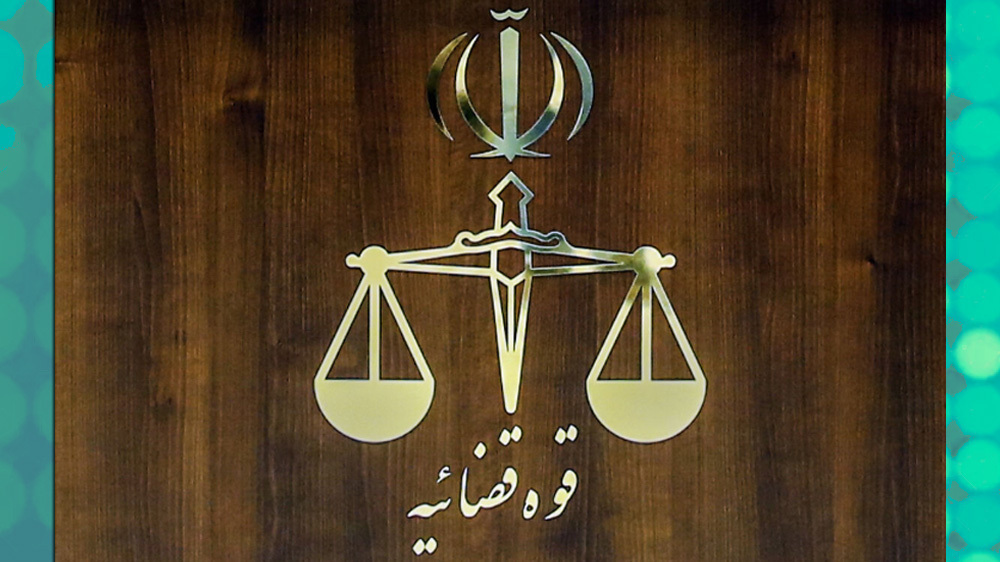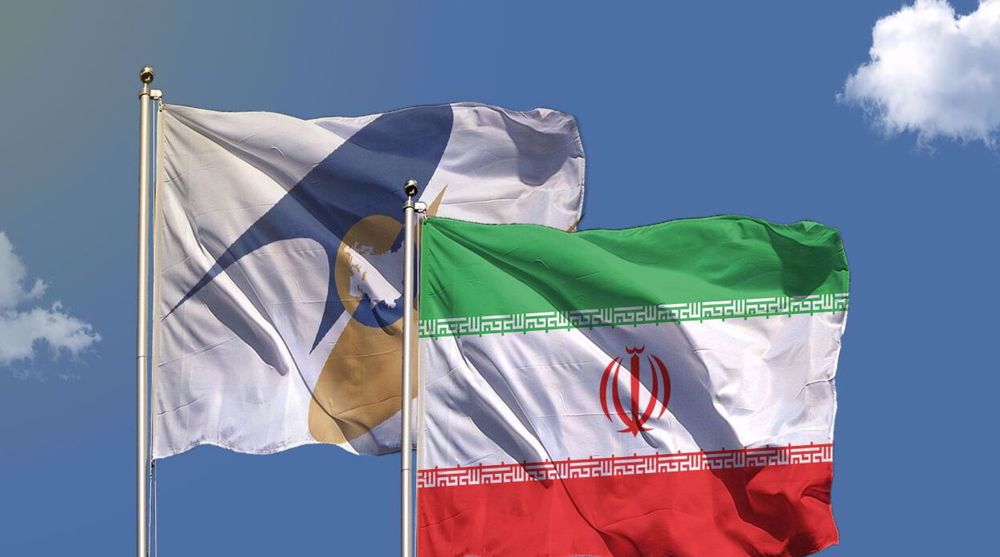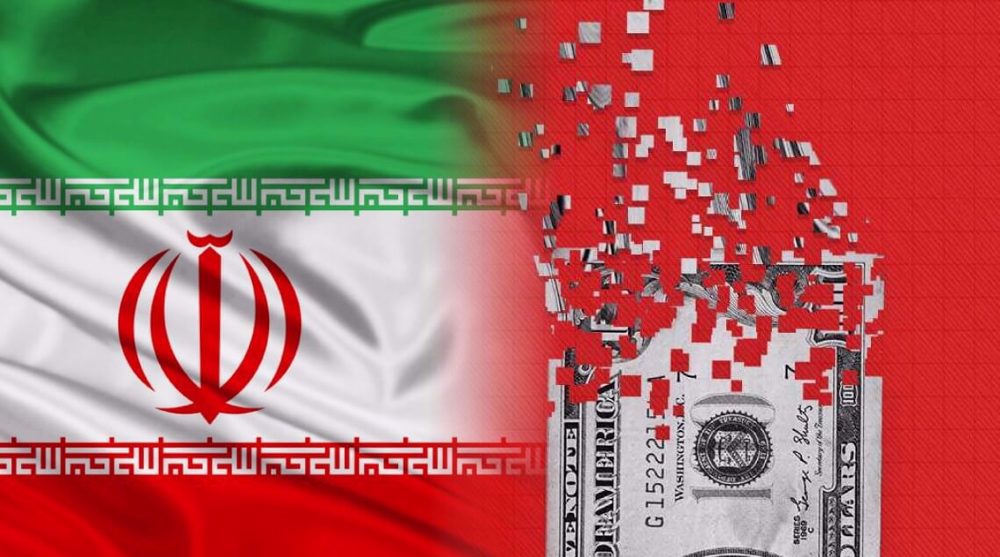What Iran has to do for de-dollarization
A dollarized economy is the one whose monetary base is either connected to the dollar or is done in dollar. Therefore, if the de-dollarization of Iran's economy entails discarding the policies that have brought the economy to this point, the country should first focus on strengthening its national currency.
But, even some institutions tasked with protecting the national and economic security operate with little faith in the national currency. For example, in the ministry of foreign affairs, national banks and elsewhere, the euro is accepted as the unit to pay for their services. They claim that the central bank is not ready to offer foreign exchange for the rials it receives. Hence, this weakening of the national currency that has continued for the last three decades should be corrected.
Strengthening the national currency is one key pillar of de-dollarization because when the national currency is strengthened, people will trust it and will not try to convert it to foreign currencies, including the dollar. Thus for de-dollarization, Iran has to reform domestic policies first.
However, the problem is not the dollar per se and the issue is whether the national economy is capable of creating value to help strengthen the national currency. The main issue here is production and to be able to ditch the dollar, Iran has to build a robust production footing.
De-dollarization basically means putting an end to the dominance of the dollar which is very real, having been formed over decades. This domination has given extraordinary clout to the American economy, where it only costs 40 cents for the US to publish a $100 note, meaning with the remaining $99 and 60 cents it can import goods for literally nothing. In other words, the dollar has given the United States the monopoly to import goods in exchange for printing paper.
But, there is a high demand for this paper in the world markets, including in Iran. The Americans churn out paper in the US, and people line up in front of banks to voraciously buy it.
This rage has its roots in the weakening of the national currency, which prompts the masses to try to convert their assets into something of value in the world.
To change this attitude, authorities have to help strengthen the rial and reverse the general feeling that their national currency is losing value by the day basically due to the monetary policies of the state officials.
If de-dollarization is to take place in the world economy, but no serious measures are taken to strengthen the national currency in Iran, it will be of no use.
De-dollarization has the advantage of actually reducing the demand for the dollar, and replacing it with another currency in international relations such as the euro or the yuan. That will not benefit the Iranian economy much unless its national currency is strengthened. When that happens, any ditching of the dollar will reduce the dominance of the American economy.
There are already signs of decoupling from the US economy. Saudi Arabia and China plan their oil transactions to be denominated in the yuan, which can affect the demand for dollars in the world market and weaken the political and economic leverage of the United States.
But, the value of the national currency in Iran does not depend on de-dollarization in the world. It is rather dependent on production and domestic production capacities - not only the production of oil and gas and natural resources, but also production in which the role of technology and human resources is very prominent. Hence, it is absurd to expect de-dollarization to help strengthen the national currency.
Nevertheless, the repercussions of de-dollarization on the influence of the United States in the global economy and consequently on its political influence in other countries are huge, which explains why Washington abhors it. The fall of the dollar, its devaluation or its withdrawal from the international reference pricing basket and its decline to a common currency will have seismic ramifications which will cripple the country’s political influence and its economic domination.

Iran court jails ex-ministers over role in massive corruption case

Unraveling Iran’s puzzle of assets frozen abroad

Iran signs into law its free trade deal with EAEU
Hamas welcomes Gaza reconstruction plan adopted at Arab summit
Columbia University students protest invite to ex-Israeli PM Bennett
VIDEO | Trump lays out divisive agenda in first speech to Congress
FM: Independence a 'conscious choice' for which Iran pays price
VIDEO | Press TV's news headlines
Israel repeatedly breaches terms of Gaza truce, causing significant humanitarian crises
Ayatollah Khamenei donates funds to release needy prisoners
China vows to fight US 'till the end' amid escalating trade war







 This makes it easy to access the Press TV website
This makes it easy to access the Press TV website